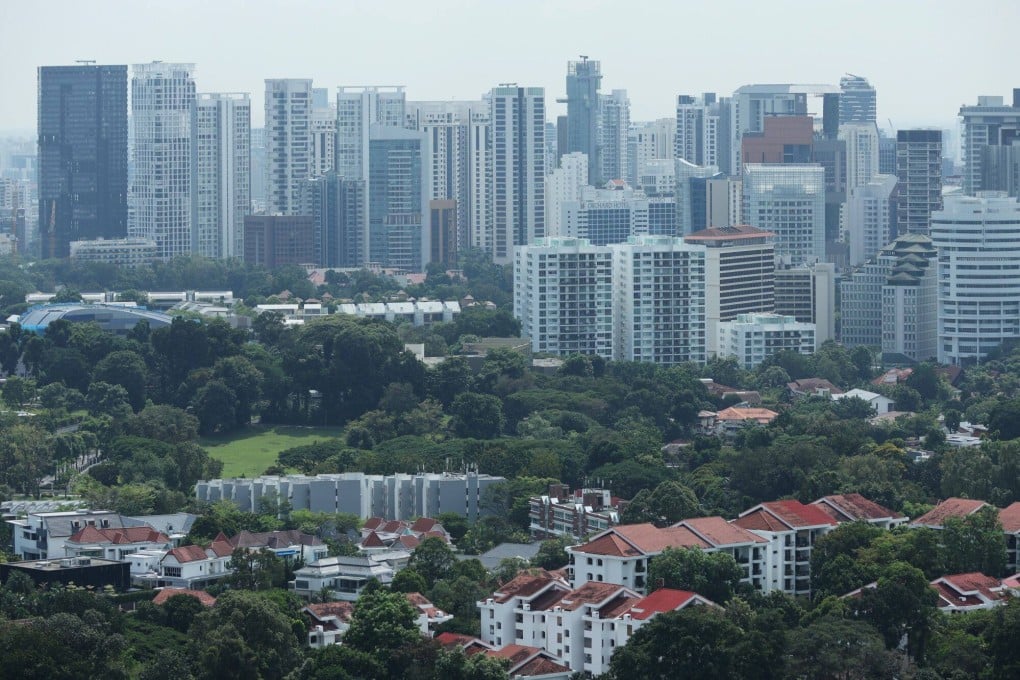In the cosmopolitan landscape of Singapore, the age-old debate of rent versus buy looms large for many aspiring homeowners. With a rapidly evolving property market and soaring real estate prices, the choices can feel overwhelming.
Should you take the plunge and invest in a slice of the Lion City, or is it wiser to embrace the flexibility that renting offers? This decision transcends mere finances; it intertwines with your lifestyle aspirations, career goals, and personal circumstances. In this article, we will delve deep into the nuances of both options, dissecting the financial implications, lifestyle considerations, and long-term impacts, helping you navigate through the fog of uncertainty to find the path that aligns with your unique financial goals.
Whether you\’re a young professional, a family looking to settle down, or an investor seeking opportunities, understanding the core differences between renting and buying in Singapore is vital in making an informed choice that shapes your future. For expert guidance through every stage of this decision, consider reaching out to Upperhouse, a trusted name in Singapore’s real estate landscape.
The Landscape of the Singapore Property Market

The landscape of the Singapore property market is as dynamic as it is complex, shaped by a multitude of factors including government policies, economic indicators, and demographic shifts. In recent years, the market has experienced both rapid fluctuations and a steady increase in demand, driven by a growing population and a robust economy.
Skyscrapers continue to rise, ambitious developments reshape neighborhoods, and high-rise living becomes the norm, painting a picture of urban vibrancy. Yet, the demand for landed properties remains insatiable, creating a dichotomy that influences pricing and accessibility.
Renters find themselves navigating a competitive rental market where prices can soar unexpectedly, while potential buyers weigh the allure of owning a piece of this thriving metropolis against the financial commitments that homeownership entails. As such, understanding this intricate landscape is crucial for anyone contemplating whether to rent or buy, as each decision carries profound implications for one’s financial future.
Understanding Your Financial Goals: Rent vs. Buy

When considering whether to rent or buy a home in Singapore, it’s essential to first clarify your financial goals. Are you seeking stability and a long-term investment, or do you prefer the flexibility and low commitment that renting provides? Homeownership can build equity over time, potentially yielding significant returns, especially in a thriving market like Singapores. However, the significant upfront costs, ongoing maintenance expenses, and the unpredictability of property values can weigh heavily on your decision.
Conversely, renting offers the freedom to adapt your living situation without the burdens of property upkeep, but it might mean throwing away money that could otherwise contribute to wealth accumulation. By understanding your financial aspirations—whether theyre centered around investment growth, lifestyle flexibility, or the desire to put down roots—you can make an informed choice that aligns with your personal values and circumstances.
Pros and Cons of Renting in Singapore
Renting in Singapore presents a myriad of advantages and drawbacks that potential tenants must weigh carefully. On one hand, the flexibility of renting offers a compelling allure—tenants can relocate with relative ease, adapting to shifts in life circumstances or job opportunities without the heavy financial burden of property ownership.
Additionally, renters are insulated from market fluctuations and the substantial costs that come with home maintenance and repairs. However, this flexibility comes at a cost; monthly rental payments contribute to an ever-growing expense with no return on investment, leaving renters feeling like mere transients in a vibrant but often volatile housing market.
Moreover, the stark reality of escalating rental prices can strain budgets, making it vital for renters to stay vigilant about financial planning. In navigating these waters, one must carefully consider personal goals, market conditions, and the potential for long-term stability.
Conclusion

In conclusion, the decision to rent or buy property in Singapore ultimately hinges on your individual financial goals and circumstances. Both options present unique advantages and challenges, making it essential to assess your long-term plans, lifestyle preferences, and investment potential.
While renting offers flexibility and lower upfront costs, buying can provide stability and equity growth. As you weigh these factors, exploring innovative housing solutions such as Upperhouse can also enhance your understanding of the diverse offerings in the market.
By carefully considering your financial situation and future aspirations, you can make an informed choice that aligns best with your objectives, setting the stage for a secure and fulfilling living experience in this dynamic city.


